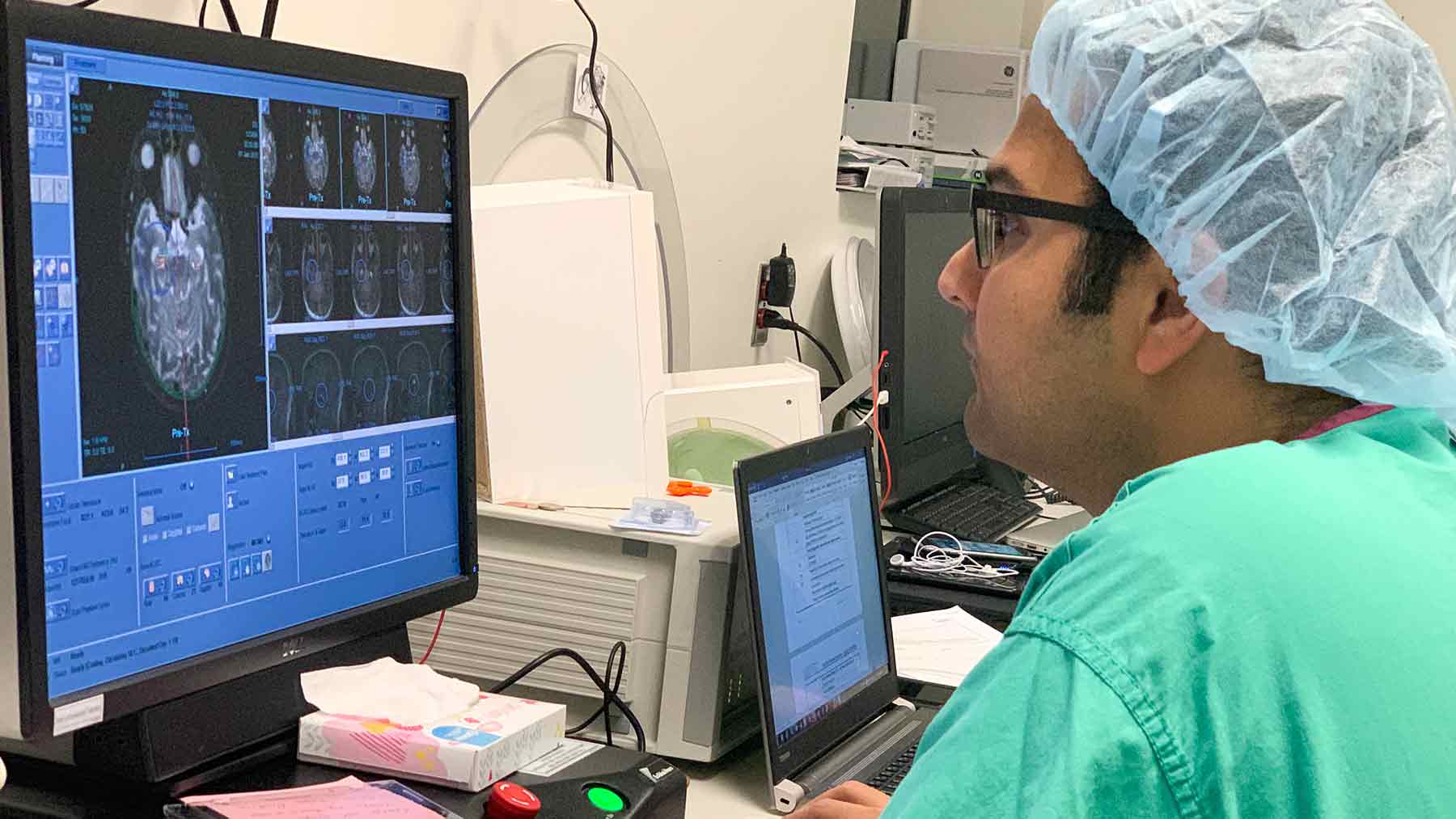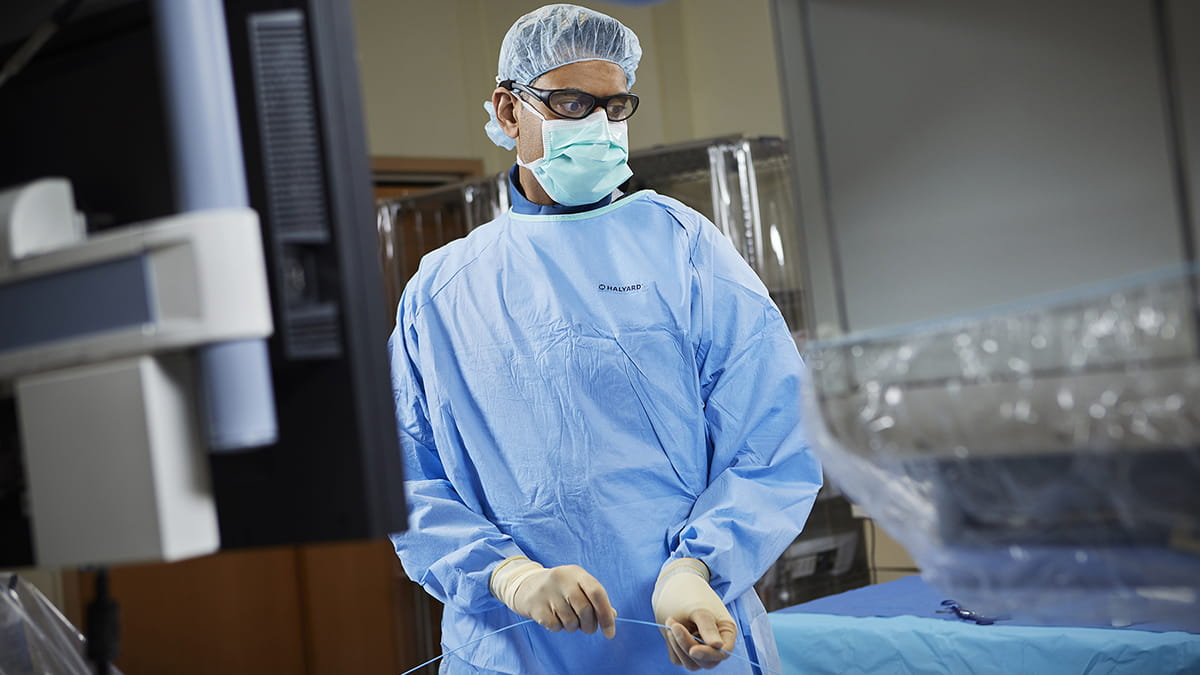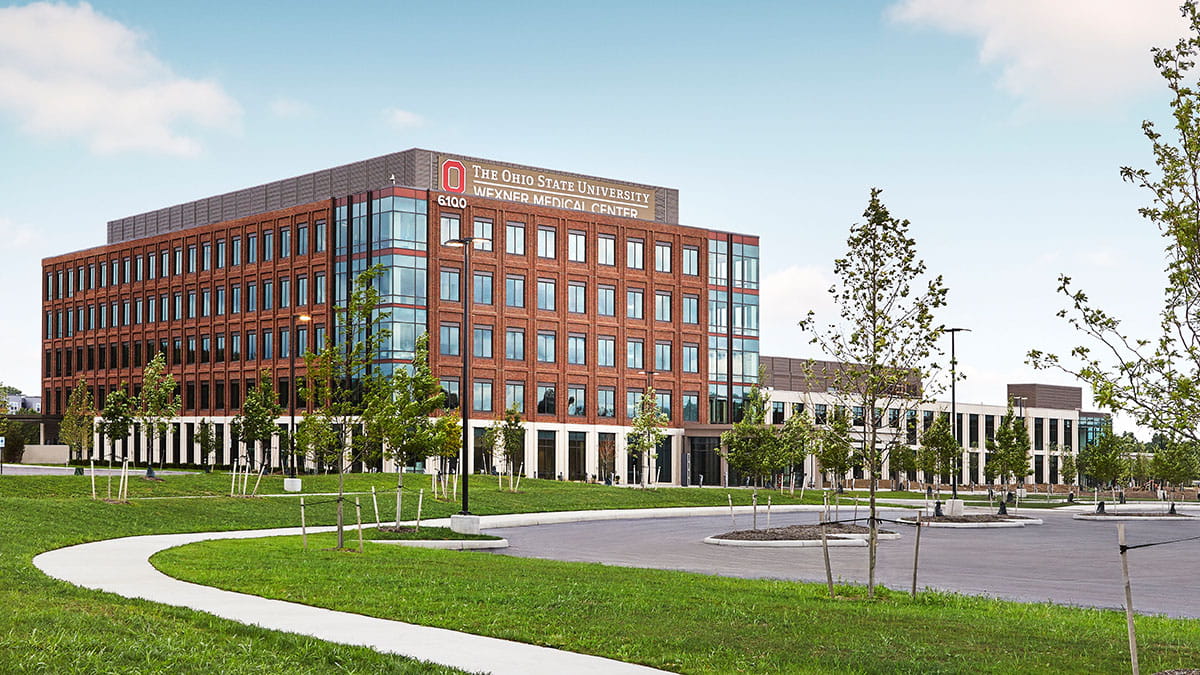Can focused ultrasound help in fight against Alzheimer's?

Researchers at The Ohio State University Wexner Medical Center and two other sites are studying a non-invasive procedure using focused ultrasound to open the blood-brain barrier in patients with Alzheimer’s disease.
The blood-brain barrier is a protective layer that shields the brain from infections or pathogens in the blood. However, this barrier also makes it nearly impossible to deliver therapeutics to the brain to treat neurodegenerative diseases such as Alzheimer’s.
In the clinical trial, MRI-guided imaging allows doctors to target a specific area of the brain where there is a buildup of toxic proteins called amyloid. A head frame holds the patient’s head still during the treatment. The ultrasound transducer – essentially a helmet housing the ultrasound beams – is attached to the head frame.
Surrounding the patient’s head is a water bath where cold, degassed water is circulated. This setup helps transmission of 1,000 focused ultrasound beams from the machine through intact skull, all converging at the exact brain tissue that is being targeted.
During the procedure, the patient’s bloodstream is infused with microbubbles. The focused ultrasound waves are delivered through the helmet-like device, which causes microbubbles in the blood to oscillate and open the blood-brain barrier.
“In this research study, we are not delivering any medications. Our hypothesis is that, by opening the blood brain barrier, a patient’s own immune defense may clear some of those harmful amyloids,” said Dr. Vibhor Krishna, a neurosurgeon at Ohio State Wexner Medical Center and a researcher at Ohio State’s Neurological Institute. “If we determine this to be safe, in the next steps we would want to understand the effectiveness and the impact of opening the blood-brain barrier in improving cognitive decline.”
The clinical trial, sponsored by Insightec, will enroll up to 10 patients at Ohio State Wexner Medical Center, Weill Cornell Medicine and West Virginia University Rockefeller Neuroscience Center.




